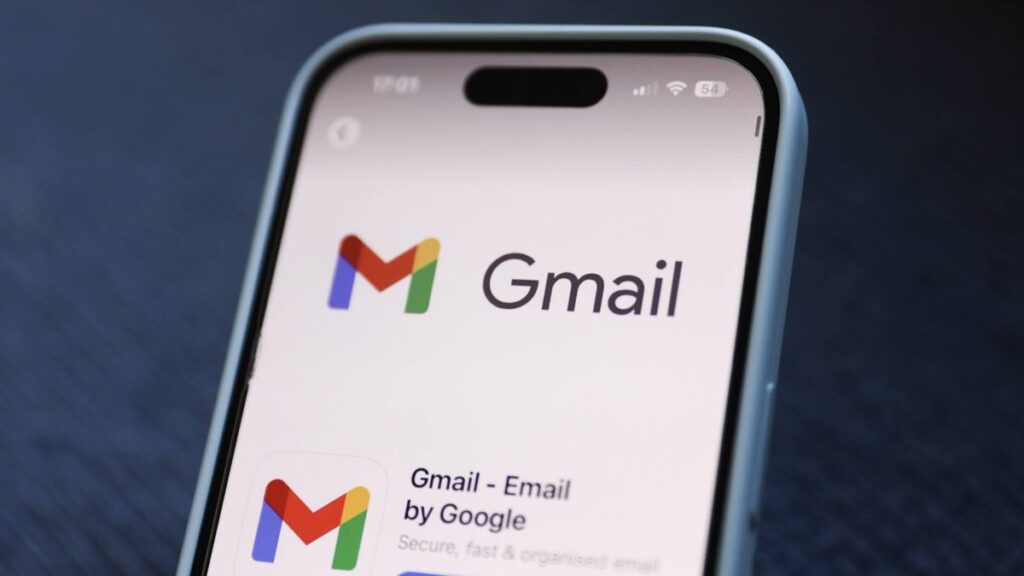
Google is set to make a significant change to its Gmail service that could impact users who rely on third-party email services. The tech giant announced that starting January 1, Gmail will no longer support the POP3 protocol, a move that could disrupt how some users access their emails.
The announcement, made on a Google support page, states that Gmail will cease supporting the Post Office Protocol (POP), which allows email programs to access third-party mail servers. “Gmail will no longer support checking emails from third-party accounts through POP,” the company wrote. This change also marks the end of the Gmailify spam protection service for third-party email accounts.
Security Concerns Drive the Change
Google’s decision to drop POP3 is primarily driven by security concerns. Although the company did not specify the exact threats, POP3 has been criticized for its lack of encryption, which can result in usernames and passwords being transmitted in plain text. Additionally, the protocol does not support two-factor authentication, and it downloads messages from a mail server, potentially including malicious attachments.
A Google spokesperson emphasized the company’s commitment to security, stating, “Our priority is giving users access to the best features in Gmail with the best security.” Despite the change, Google expects minimal impact on users, as Gmail will continue to support IMAP, another widely used protocol for retrieving messages from third-party mail servers.
IMAP as a Viable Alternative
Google assures users that the discontinuation of POP3 will not restrict the use of third-party email services within the Gmail app. “We’re notifying the small number of users who access their email this way of the change, and sharing guidance on how to migrate to the more robust and secure IMAP connection, which is supported in the Gmail mobile app,” the spokesperson added.
However, some users have expressed concerns that IMAP support seems to focus more on third-party email clients accessing Gmail rather than the other way around. Google’s support page does clarify, “You can still link your third-party accounts in the Gmail app,” suggesting that this feature is mobile-only. As users seek clarity, Google has been approached for further explanation. In the interim, email forwarding remains a viable solution.
Historical Context and Expert Opinions
The move to eliminate POP3 is not without precedent. Over the years, many email service providers have transitioned away from older protocols in favor of more secure and efficient technologies. Experts in cybersecurity have long advocated for protocols like IMAP and SMTP, which offer better security features such as encryption and support for two-factor authentication.
According to cybersecurity analyst Jane Doe, “The shift away from POP3 is a natural progression in enhancing email security. As cyber threats evolve, so must the technologies we use to protect sensitive information.” This sentiment is echoed by many in the tech community who view the change as a necessary step in safeguarding user data.
Implications and Future Outlook
The implications of this change are significant for users who have relied on POP3 for their email needs. While the transition to IMAP is expected to be smooth for most, some users may need to adjust their email configurations or explore alternative solutions like email forwarding.
Looking ahead, Google’s decision underscores a broader trend in the tech industry towards prioritizing security and user privacy. As cyber threats continue to grow in complexity, companies are increasingly adopting more secure protocols and practices to protect their users.
For those affected by the change, the next steps involve understanding the new configurations required for IMAP and exploring other options provided by Google. As the January deadline approaches, users are encouraged to stay informed and proactive in adapting to these changes.







